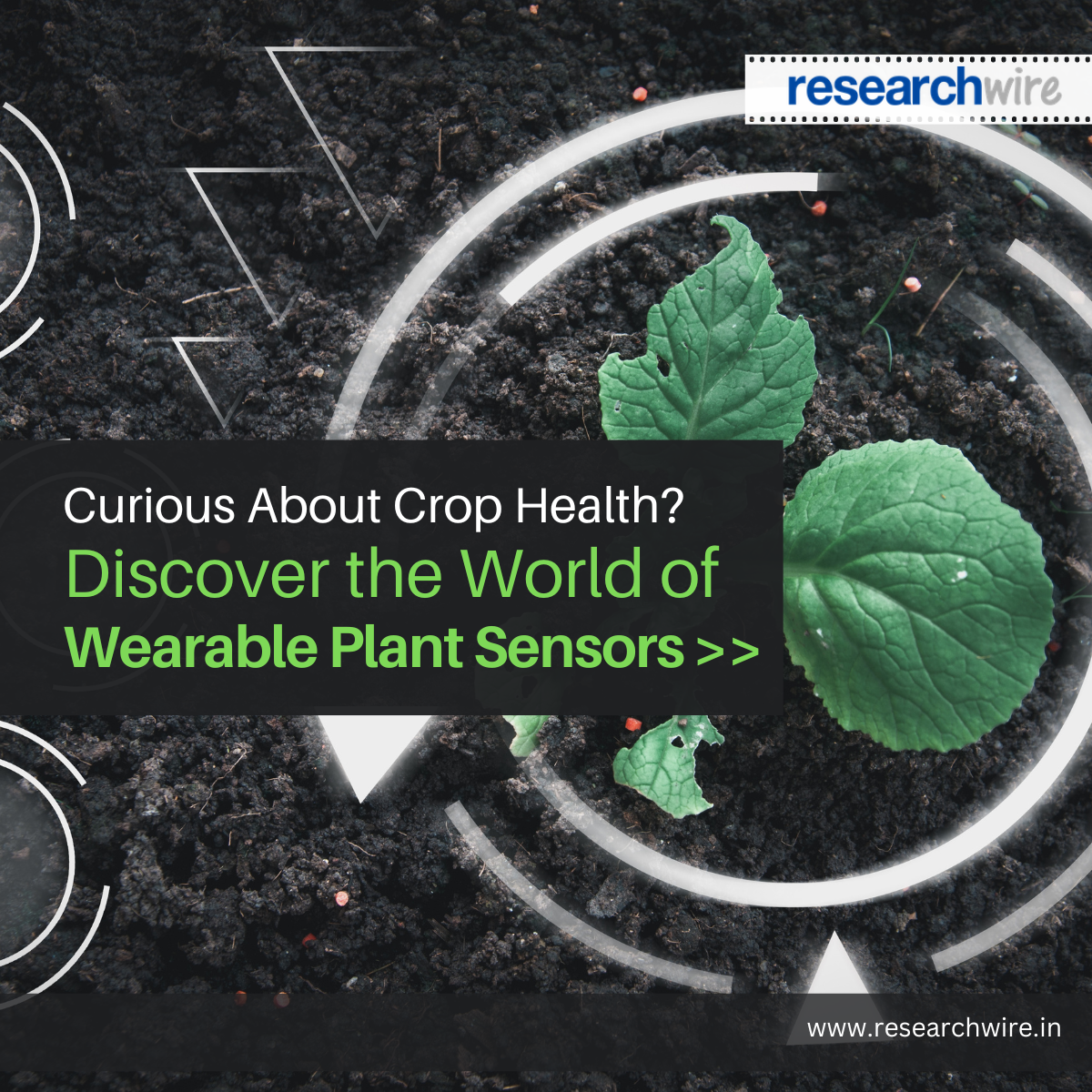Plastic Recycling Technologies – Whitespace Analysis
Challenge
The challenge was to gain a comprehensive understanding of the whitespace in plastic recycling technologies. Plastic waste, being predominantly non-biodegradable, presents a significant environmental challenge. While plastic recycling is crucial, finding effective and environmentally responsible solutions has proven complex. The global recycled plastics market size is valued at USD 69.40 billion in 2023 and is expected to reach USD 120 billion by 2030, exhibiting a CAGR of 8.1% from 2023 to 2030. Asia, particularly China and India, dominates this market, with Europe also exhibiting promising growth due to strict regulations. Identifying unexplored areas within plastic recycling was a key challenge.

Solution
To address this challenge, a Whitespace Analysis was conducted. In the Whitespace Analysis methodology, we first search for existing research and then identify gaps by comparing against a predefined “universe.” The Whitespace Analysis includes identifying underexplored plastic recycling technologies, finding untapped geographical markets, recognizing emerging tech, mapping plastic waste sources, exploring recycled plastic applications, identifying industries with rapid growth in recycling, and pinpointing those with promising ROI using recycled plastics.
The process involved a detailed market study of plastic recycling technology, utilizing various search criteria such as keywords, CPC/IPC classes, and IP mapping. Key technologies, trends, leading companies, emerging players, and future leaders in the domain were identified. The study focused on two major types of plastics: thermoset and thermoplastic. Various plastic types, including PET, HDPE, PVC, LDPE, PP, PS, and others, were examined.
Results
The Whitespace Analysis yielded valuable insights:
- Identifying Underexplored Technologies: Technologies with limited exploration in plastic recycling were identified.
- Geographical White Spaces: Areas where certain recycling technologies had not yet reached were pinpointed.
- Parallel Developing Technologies: Technologies running in parallel with plastic recycling were uncovered.
- Application Opportunities: Potential applications for recycled plastic waste were identified.
- Fast-Growing Industries: Industries with the highest growth potential for recycled plastics usage were determined.
- ROI Opportunities: Industries where the use of recycled plastic could significantly lower costs were identified.
Conclusion
The Whitespace Analysis successfully uncovered untapped opportunities and areas for improvement within plastic recycling technologies. It provided a roadmap for the next steps in validating these identified white spaces. These steps included feasibility testing, technical assessments, market need validation, and industry surveys to align the identified whitespace with real-world demands. The Whitespace Analysis serves as a valuable tool in guiding strategic decisions and innovation efforts within the plastic recycling domain, contributing to both environmental sustainability and economic growth.





